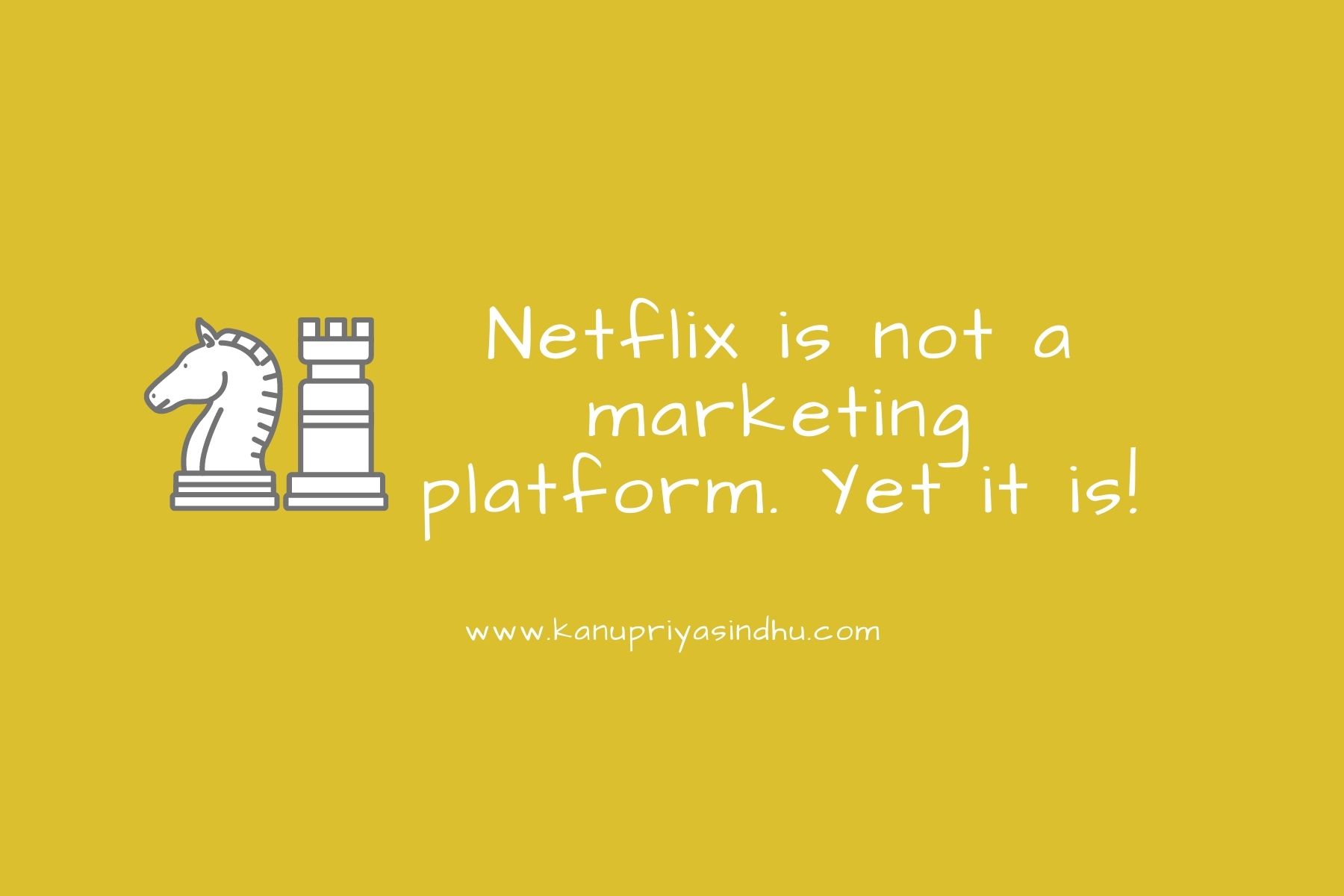Just few days back I had tweeted about my declining interest in some of my favorite blogs. Reason? Posts on those blogs now are obvious enough to make out that they are paid and not the real ones. And yesterday I got to read this report, which states that paid reviews are gaining momentum as social media marketing trend.
As per this recent report by Gartner, by 2014 between 10% and 15% of all ratings and reviews on social networking sites will be fake or paid ones as against the current percentage of 1% to 2%. Due to increased consumer reliance on social media sites, companies are now spending more in order to get attention and build positive content on these channels.
“With over half of the Internet’s population on social networks, organizations are scrambling for new ways to build bigger follower bases, generate more hits on videos, garner more positive reviews than their competitors and solicit ‘likes’ on their Facebook pages,” said Jenny Sussin, senior research analyst at Gartner. “Many marketers have turned to paying for positive reviews with cash, coupons and promotions including additional hits on YouTube videos in order to pique site visitors’ interests in the hope of increasing sales, customer loyalty and customer advocacy through social media ‘word of mouth’ campaigns.”
The report also predicts that with the percentage of false social networking reviews increasing, chances of backlash will be more both in terms of media attention and Federal Trade Commission lawsuits. You can read the summary of the report here.
Fake reviews and paid likes? Considering the consumer presence and engagement with social sites it had to happen but my question is why? If you ask me, I still have not come across even a single such sensibly executed paid campaign that I can accept or appreciate either as a consumer or as a marketer. “Like us on Facebook and win prizes”, “Follow us on Twitter and get discount” – digital medium is flooded with such offers and promotions these days.
Offers and promotions to attract relevant audience are still understandable as once they are associated with your brand you can try to engage them in interesting ways but buying out random followers and likes just to project a huge fan following? OK, you bought likes, have a huge fan following on Facebook and large follower base on Twitter, then what? Are they reading your communication? Are they engaged with your brand? Are they interacting with you on these channels? In most of these cases, answer is no. Then what business objective is getting served with these randomly bought followers? Even for paid content, positive posts written with a balanced approach may help to boost your image to some extent but then if it is not backed up with product / service fulfillment then what? Your same post gets backfired with numerous negative comments and ratings. And this I’m speaking of “smart” paid content, let’s not even discuss the ones written in a way that self advertise those posts being fakes and not real ones loud and clear.
These gimmicks (or shall I call them modern day internet scam) may help you achieve your short-term goals but in the long run? Well, I have no idea! Not only these can lead to loss of brand credibility but can backfire as well in an uncontrolled negative way. To add to that, it would also impact the core essence of social media being i.e., engagement and interaction! So, what do you think of these campaigns? Do you think social media will also meet the same fate as email or sms marketing? Can you make out the difference between real and paid content? Have you liked any page for any incentive and if yes, did you unlike the page once you were incentivized? Would love to hear your views on these.





